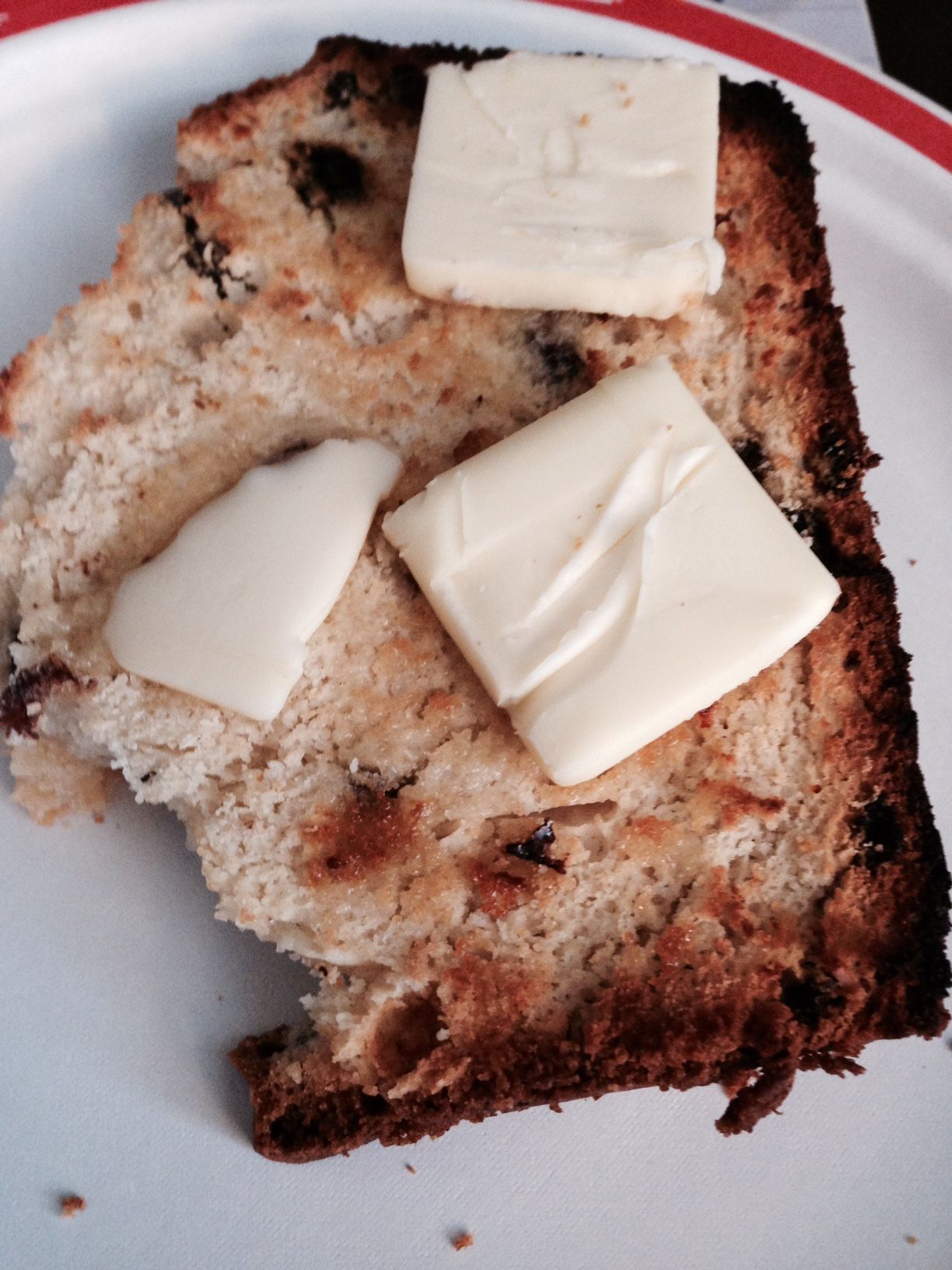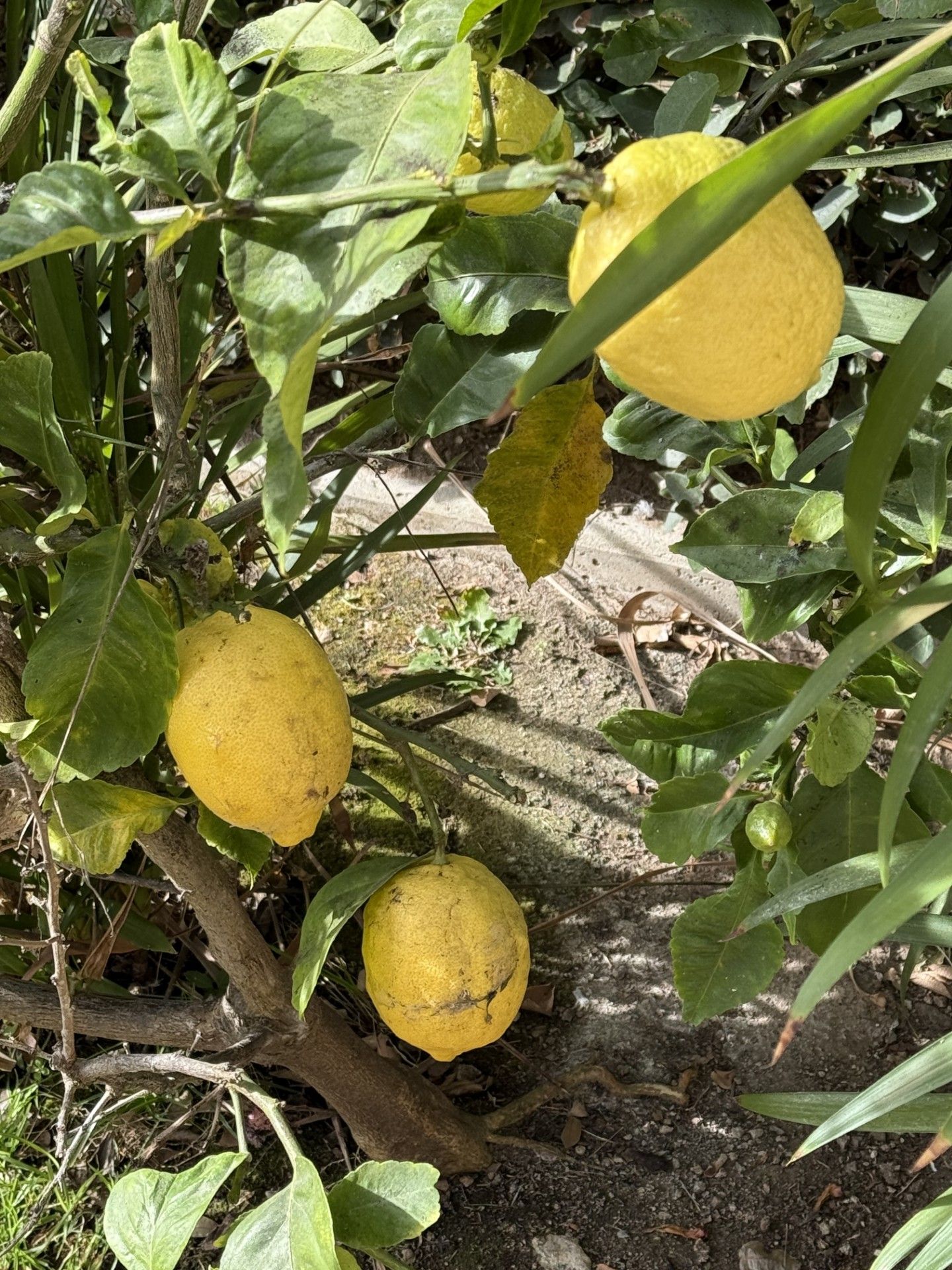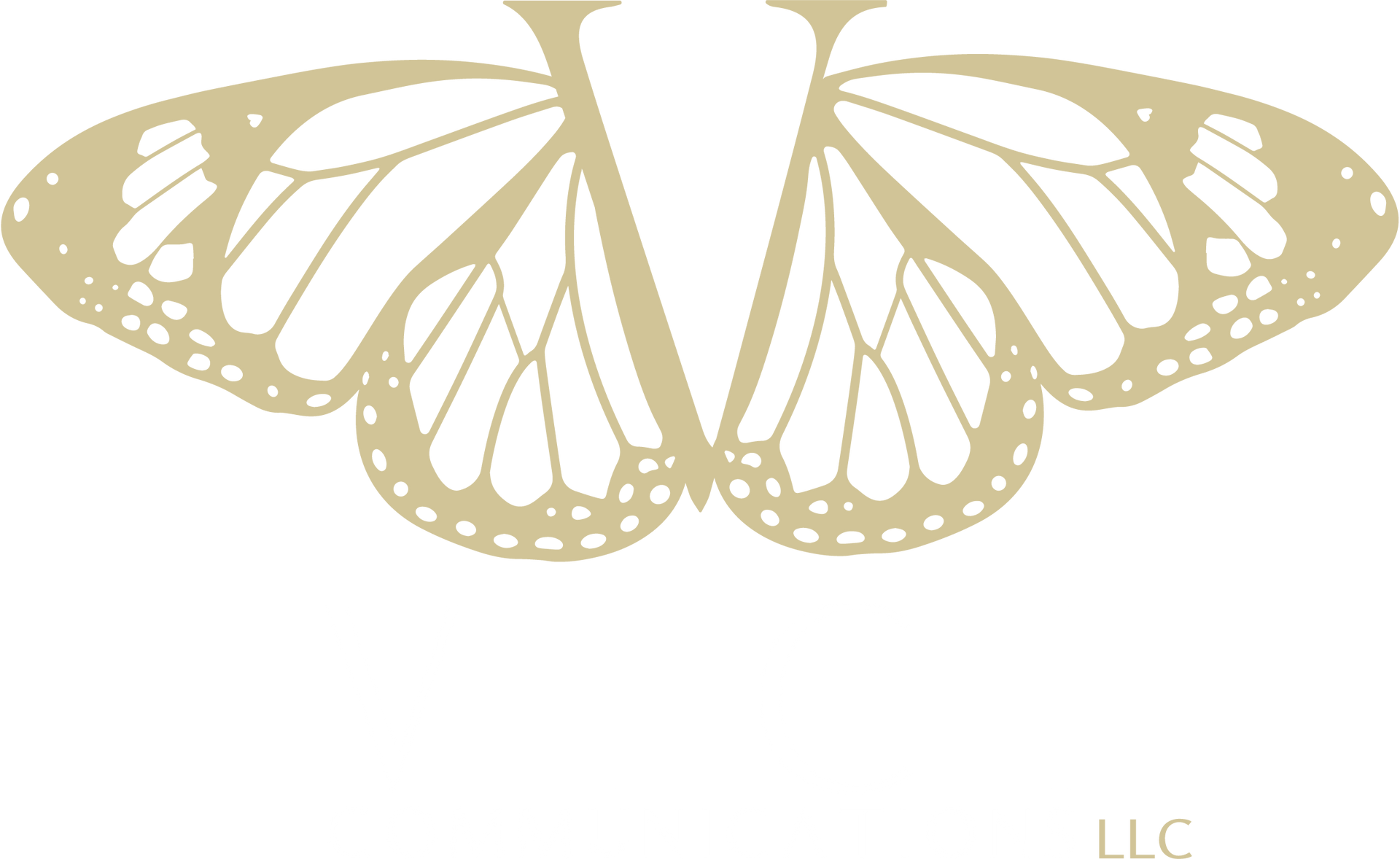Your Place for
Encouragement, Inspiration, and Love

It feels like divine intervention that Frederika Brookfield and I ever became upstairs–downstairs neighbors. At first glance, we couldn’t have seemed more different. The first time I met her, she appeared in her pajamas, walking her dog Olive in slippers and a fluffy hat topped with a pom-pom larger than life itself. My immediate thought was: This is a woman profoundly comfortable in her own skin. Still, I kept a friendly distance. Neighbor friendships can be tricky, and all I wanted was peace. So for a while, our exchanges stayed at polite hellos. But life has a way of dissolving the walls we think we need. Months later, I noticed Frederika had lost weight and complimented her—only to hear her say, matter-of-factly: “Cancer.” In that moment, compassion replaced caution. I realized I didn’t want distance at all. I wanted to be there for her. And from that day on, our friendship bloomed. We spent countless hours together—sometimes doing nothing more than “sitting and staring” in Adirondack chairs, watching life unfold around us from our front landing. She knew every neighbor by name, loved this community, and radiated color and presence wherever she went. I was endlessly fascinated by her big, bold life—stories from Condé Nast, working with Ted Turner, “sort of, kind of” dating Jerry Seinfeld, her many glamorous New York and international adventures. Surprisingly, she was equally fascinated by mine. She’d listen wide-eyed as I talked about building a business from scratch and reinventing my life in San Diego. That was her magic: she celebrated not just her own courage, but everyone else’s too. Frederika slipped into the role of upstairs sister effortlessly. At my book launch, she arrived with a lint brush, zipped up my dress, checked the back of my hair, and made sure I looked stage-ready. Sometimes we even called each other “roommates,” despite living in separate apartments. She taught me how to pronounce designer names properly—and she didn’t just say them, she wore them. Whether in her signature orange or a deep forest green, paired with her striking red hair and freckles, Frederika stood out in any crowd. Our friendship wasn’t perfect, nor was it meant to be. Olive’s nonstop barking occasionally revealed a… less-than-gracious side of me. We had our speedbumps, but those tiny bumps only made the relationship more real. As her condition worsened, it became my privilege to drive her to medical appointments. We sat together in waiting rooms, stopped for smoothies at Parakeet Café, and sometimes she'd ask me to pray for her. On her last Christmas Eve, she came with me to church and—true to form—asked the pastor not to pray for her, but for others who might be struggling. That was the heart of Frederika: generous, outward-focused, endlessly compassionate. We were two single women navigating modern dating together, trying the apps and discovering there weren’t “plenty of fish” (more often, just sardines.) When I eventually fell in love, she asked, “Can he hurt you?” I said yes. “That’s the price of love,” I told her. And when that relationship ended, she stationed herself firmly on Team Brenda, making sure I didn’t stay heart-sore for long. In her final month, when in hospice, I spent most days by her side. Two moments from that time will stay with me forever. One afternoon she woke from a nap, briefly lucid, and said: “I want to know God.” We prayed together, and because of that moment, I am confident she is now at peace. On another day, I asked her : “What’s the one lesson you want me to carry forward?” Her answer: “Throw yourself into life.” Throw yourself into life. Don’t tiptoe. Don’t wait. Don’t hold back. Live fully. Love deeply. Savor everything. Those words are etched on my heart. I loved Frederika. I miss her every day. She made me laugh, think, cry, and grow. Her gifts surround me still—her scarves, her books, her plants, and especially her lessons. When I see the color orange or open a Mary Oliver poem, she’s right there. We were different in many ways. She preferred chamber concerts, I'd rather karaoke. But we built a joyful, mutual admiration society. And her imprint on my life is forever. There’s a quote that says: “In the end, we are all just walking each other home.” What a privilege to walk Frederika home. Thank you, my friend, for modeling a big, beautiful life. And for reminding us all to throw ourselves into it.

I’m known for being sunshine and rainbows wherever I go. I’m the girl who adds a spicy song to the gym playlist to get the whole room pumped up. I compliment total strangers on the street. I pet every puppy I pass. And all of that is authentically me. But it’s not all of me. I was reminded of that—profoundly—yesterday on a rare rainy day in La Jolla. There I was in a line of about twenty people at the CVS pharmacy, just wanting to get home, crawl under the covers, and call it a night. It had been that kind of day. In front of me stood a woman with a tiny dog wandering around on the world’s longest leash. She was oblivious to everyone around her, deep in conversation on her phone. At one point, she threw her hands up to gesture wildly and nearly smacked me in the face. Then she started backing up and almost stepped on me. And out it came—the full-on Philadelphia Eagles, City-of-Brotherly-Shove version of me: “Hey, I’m right behind you here.” Now, it wasn’t unreasonable to ask her to be aware of her surroundings. But it was the way I said it—my tone, my face, my whole energy—that announced, "Don’t test me, lady." Instantly, I was annoyed… not just with her but with myself. I didn’t have the capacity—like flipping a switch—to soften my mood. And her response didn’t help: a series of exaggerated, performative apologies clearly meant to chastise me for daring to call her out. My annoyance doubled. I avoided eye contact. I finished my business. And then the thought hit me: What if she shows up at church on Sunday… and there I am in the prayer line? What kind of testimony was that ? As I began beating myself up, a deeper truth surfaced: My testimony has never been one of perfection. Pretending otherwise would betray all I've learned about authenticity. I’ve always said I’m “flawsome,” and yesterday was a reminder of why that word matters. I even fantasized about running into her again so I could apologize. Or better yet, having her show up at church so I could make it right. But in the meantime, I realized something: I was making a tense situation worse by being so hard on myself . Because here’s the thing… We’re going to run into some grinches this holiday season. People are stressed. Bank accounts are shrinking. Presents need buying. Cookies need baking. Family triggers multiply like snowflakes. Relatives with the magical ability to say the exactly wrong thing will be seated at your table. But beyond all that, there will also be moments when WE are the Grinch. And that’s why my exhortation this holiday season is simple: Show grace to yourself. Walk in this grace long enough, and you’ll have more than enough to offer everyone else. Grace is most needed (and most powerful) when we feel weak. So if you’re feeling weak this week, weary, stretched thin, or a little more green-and-grumpy than usual… Access some grace. And sprinkle it like glitter over everything and everyone— including yourself.
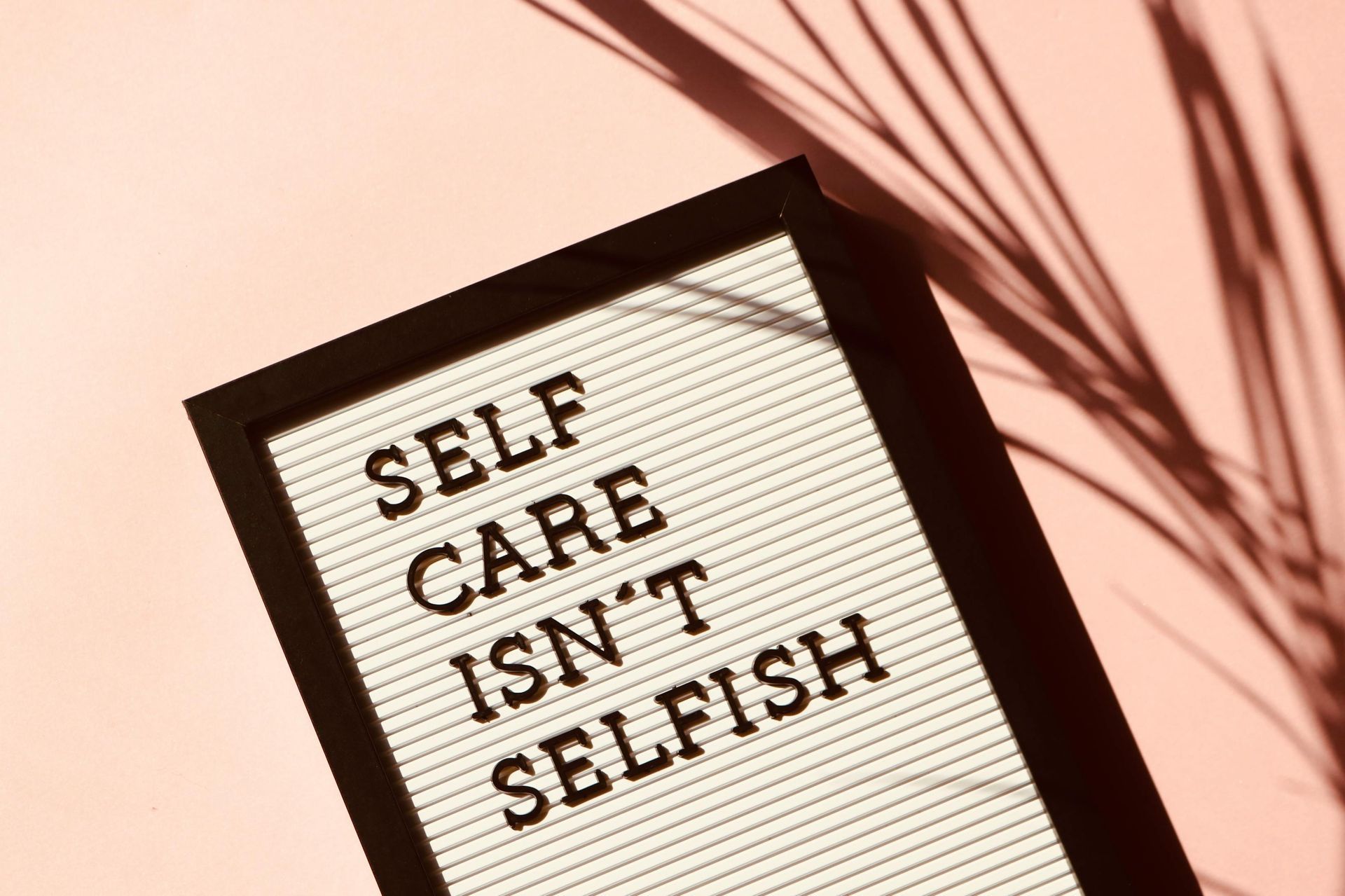
How are you taking care of your future self? For me, it often begins with little kindnesses that make me smile before the day even starts. Like waking up to find a brand-new pod already placed in my Keurig, the water tank filled and ready to go. All I have to do is press a button, and the glorious smell of coffee wafts through my tiny apartment. Or, instead of fumbling bleary-eyed through my bathroom vanity for contact lenses, I love it when I’ve set them out the night before—left eye, right eye—ready for me to start the day with ease. These are small, thoughtful gifts I leave for myself.
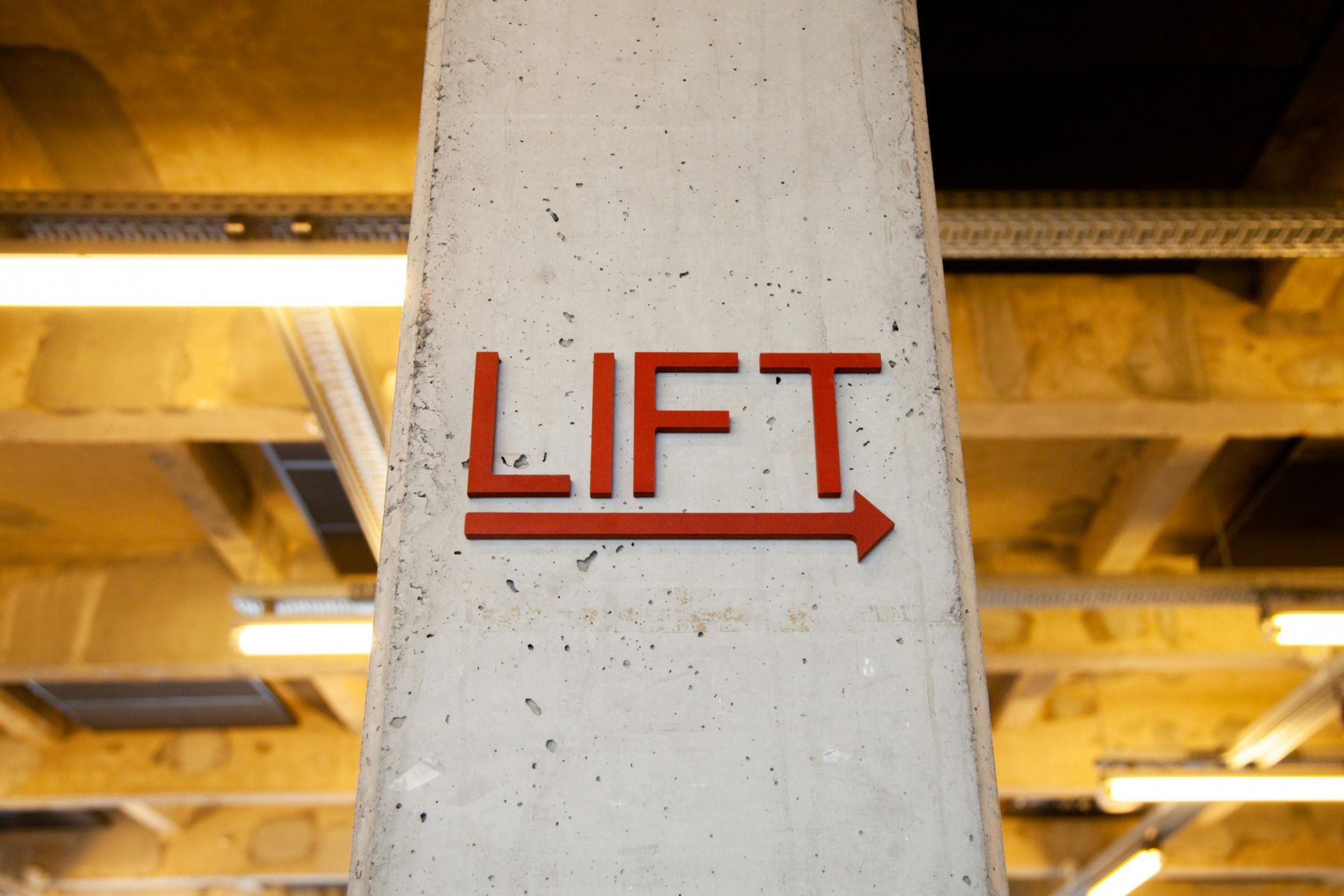
Recently, I had a crunchy $5,000 lesson in imperfection. While exiting the parking garage at Lifetime Fitness—a garage I’ve probably pulled out of a thousand times—I misjudged the narrow exit and sheared the side mirror clean off my SUV. Yep. Just hanging there like a busted earring. It was one of those moments that etches itself into your nervous system. Now, every time I drive in or out, I’m gripping the wheel like it’s a tightrope act. But something interesting happened after the accident. I started telling people. I’d find myself in the elevator, striking up conversations with unsuspecting gym members, warning them about the treacherous garage exit like some kind of Parking Garage Evangelist. It became a way to make meaning out of the mistake. If I could save just one person from the heartbreak of unexpected bodywork, maybe—just maybe—my pain wasn’t wasted. It got me thinking about how often we hide our missteps, especially if we identify (consciously or not) as perfectionists. According to research published in Psychological Bulletin, nearly 30% of undergraduates exhibit clinical levels of perfectionism, and the numbers are rising across all age groups. The World Health Organization even links perfectionism to increased risks of anxiety, depression, and burnout. It’s not just striving for excellence—it’s equating self-worth with flawless performance. And that’s a recipe for chronic dissatisfaction. I’ve learned (the hard way) that people don’t connect with your perfection. They connect with your humanity. When I speak to audiences, it’s never the polished parts of my life that draw nods and knowing smiles—it’s the messy bits. The heartbreaks. The ugly cries. The missteps that turned into milestones. As Brené Brown puts it: “Imperfections are not inadequacies; they are reminders that we’re all in this together.” And Elizabeth Gilbert once wrote: “Perfectionism is just fear in fancy shoes and a mink coat, pretending to be elegant when actually it’s just terrified.” So, what’s the antidote? 1. Embrace Your Flawsomeness ® I trademarked this phrase in 2018, but I'm still learning to live it! There is zero shame in being a beautiful work in progress. The older I get, the more joy I find in saying, “Yep, that was me. Cracked mirror and all.” Confidence isn’t about having it all together—it’s about not needing to. 2. Laugh at Yourself (Often) Zumba class taught me this. When I totally botch a Samba move, instead of spiraling into self-judgment, I own the misstep—maybe even with an exaggerated hip swing for flair. Make it part of the dance. There’s magic in not taking yourself so seriously. 3. Turn Messes Into Messages Whether it’s a story for your next dinner party, a blog post, or a way to uplift a friend—your missteps are raw material for connection. Life isn’t a highlight reel. It’s a blooper reel full of bloops worth sharing. 4. Practice Self-Compassion Perfectionism says, “You are only as good as your latest achievement.” Self-compassion says, “You are enough, mistakes and all.” And the science backs it up: studies show that people who practice self-compassion have greater emotional resilience, lower stress, and healthier relationships. So the next time life goes sideways—whether it’s a mirror, a missed step, or a major letdown—try this: Take a breath. Tell the story. Make it part of the dance. Because your imperfections don’t disqualify you. They humanize you. And they just might be your most beautiful feature. Want to pass this along to a fellow perfectionist? Go ahead. You might just save someone a $5,000 repair—and a lifetime of unrealistic expectations. #Flawsome #ProgressOverPerfection #MakeItPartOfTheDance #BrenéSaidSo #RealIsTheNewPerfect
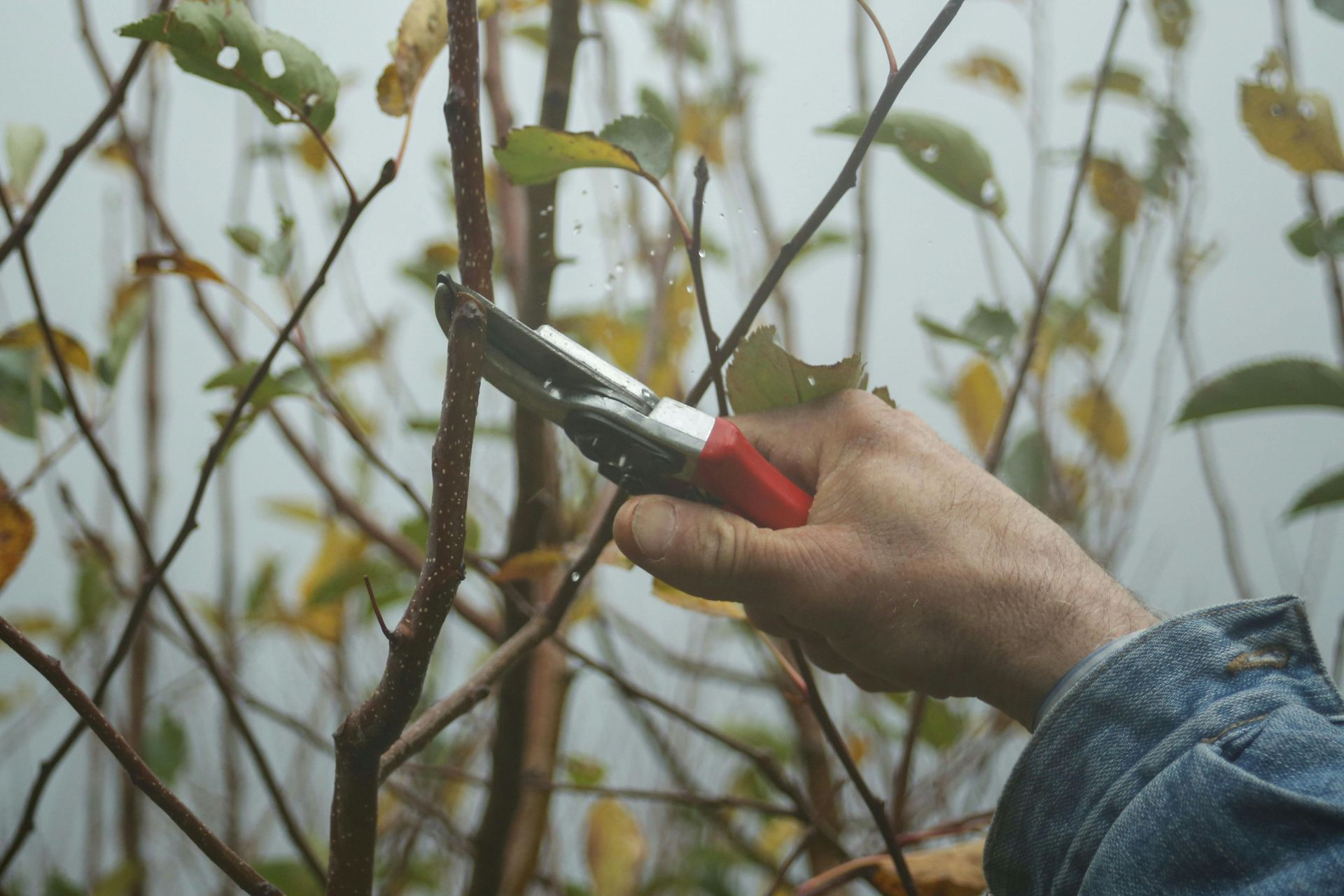
Ouch! Have you ever experienced progress or growth — a dream unfolding, a door opening, a blessing flowing — and suddenly it gets cut back? It’s easy to feel like something’s gone wrong. The initial sting tends to activate our inner critic. "I should have seen it coming!" "How could I have made such a foolish mistake?" "When will I ever learn?" After a recent disappointment, I lost heart. And then a friend reminded me about pruning. Pruning cuts away what looks alive. It trims even healthy growth so that the branch can thrive in the long term, bearing more fruit, richer fruit, lasting fruit. Without pruning, a plant will eventually get overgrown, tangled, and weak. Its energy will be scattered instead of focused. Its best potential will be stifled under the weight of too many branches. A master gardener sees what we cannot. They know when a branch is carrying too much. They know when old blooms, though beautiful once, are now stealing strength from what could be. They know that cutting back isn’t cruelty; it’s care. Knowing that I am a person of faith, my friend quoted John 15:2 where Jesus says: “Every branch that bears fruit, He prunes, that it may bear more fruit.” Pruning isn't punishment. It's not because we're failing. Pruning is preparation for a future harvest we can't yet imagine. In the midst of a disappointment, a broken heart, or the death of a dream, it's hard to believe that there could be something more and better than what you've lost. But while you have breath, it's never too late to dream another dream. I know, you thought, "This is IT!" And then, it wasn't. Feel all the feelings. Mourn the turn of events. But don't milk it for too long. Because (this bears repeating): While you have breath, it's never too late to dream another dream. One that will make the old one jealous, it's so much better. That burst of blooming? It wasn't wrong. The blessing wasn’t a mistake. It was a beginning. Pruning redirected the plant’s energy; preparing it for something greater. If you are in a season where it feels like life is being trimmed, shaped, or even painfully cut back — take heart. I'm not dismissing the pain. Pruning feels like loss. Like failure. Even rejection. But consider that instead of being cast aside, you are being cultivated. You are not being punished. You are being prepared for something greater. And I can't wait to wa tch it bloom, for you AND me.
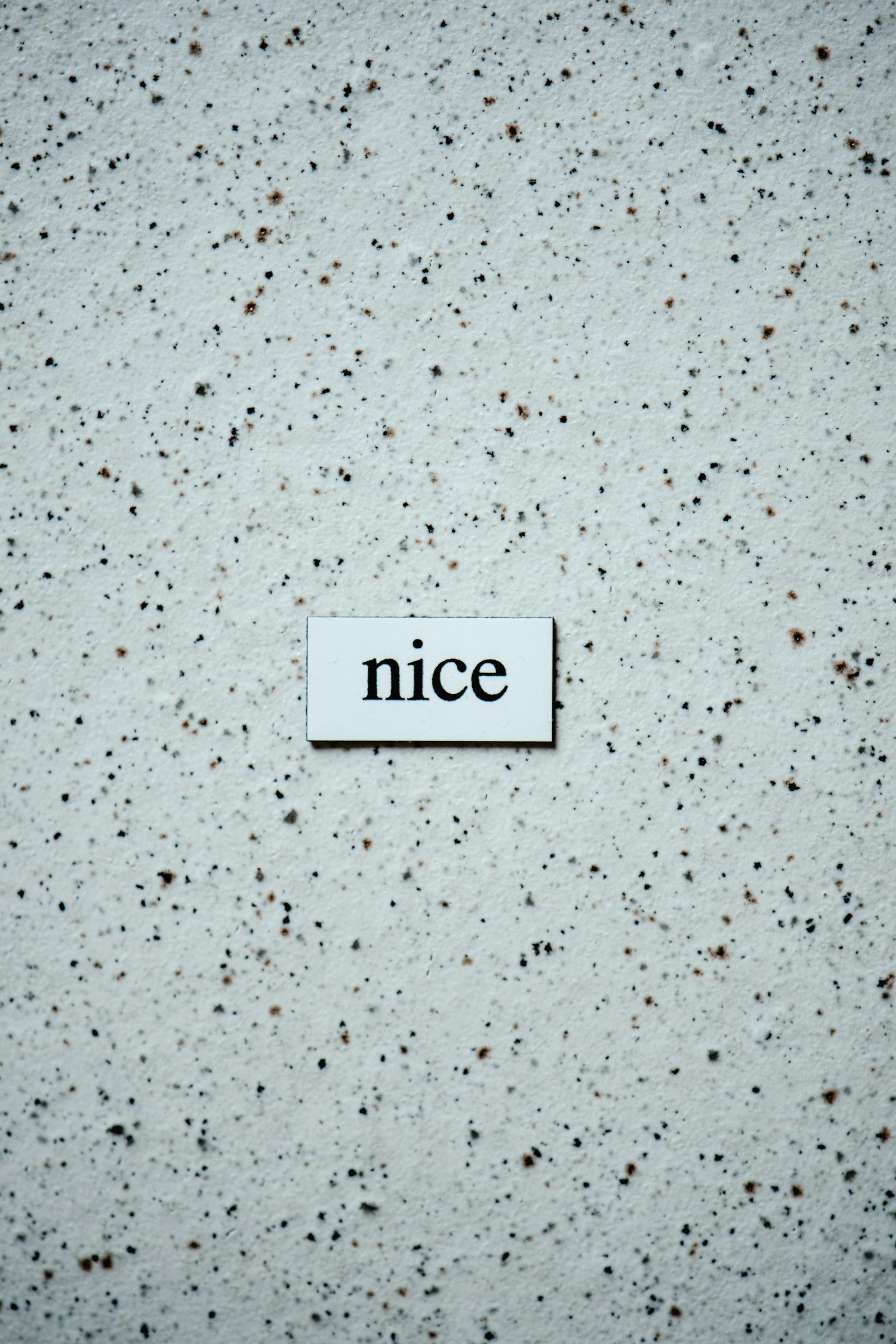
The word "nice" always felt "meh" to me. But life has me rethinking this word, because I'm experiencing how powerful nice can be. For half a year, I've been friends with David Wetherelt and our conversations are rich with meaning. He says things, and I find myself thinking about them for days to come. Then he does things that make my heart crunch. This was best displayed when traveling for work in January. I would have missed a church event that mattered to me. So he brought me on his phone (and put a tiara atop his device.)
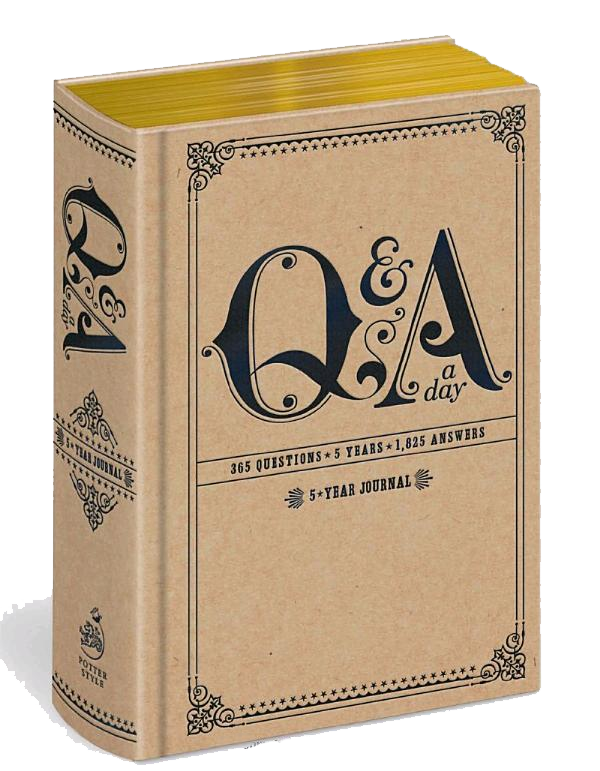
Pick up your copy of the 5 year journal here!
Welcome!
When you sign-up for my newsletter,
you'll receive a free copy of the ME Book.
